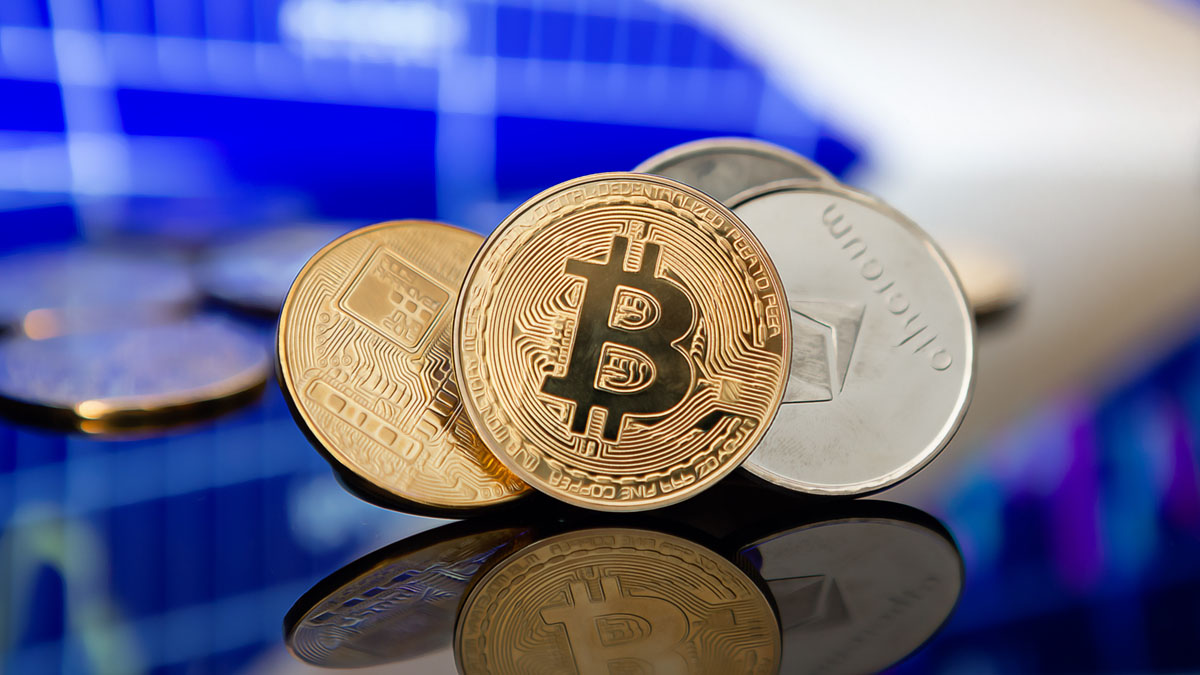The Hong Kong Securities and Futures Commission (SFC) chair, Julia Leung, recently acknowledged Bitcoin‘s resilience as an alternative asset during her address at the Greenwich Economic Forum. Leung underscored Bitcoin’s capacity to endure several boom and bust cycles over the past 15 years. She recognized the robustness of these digital assets and the underlying Distributed Ledger Technology (DLT), despite criticisms from central bankers and economists who argue that cryptocurrencies like Bitcoin and Ethereum lack intrinsic value.
Why Are Leung’s Statements Significant?
Leung’s remarks are timely, coinciding with the SFC’s new licensing framework for crypto exchanges. These new rules mandate that platforms must secure a license to provide services to retail investors in Hong Kong.
However, not all feedback has been positive. Hong Kong legislator Duncan Chiu criticized the regulations as overly restrictive, suggesting they might dissuade major global exchanges from entering the Hong Kong market, thereby affecting market confidence.
What Are the Plans for Stablecoin Regulations?
Looking forward, the SFC is also drafting legal regulations for stablecoins. Leung mentioned that the Hong Kong Monetary Authority (HKMA) recently concluded a consultation on a proposed regulatory framework for stablecoin issuers, which will require comprehensive backing with high-quality and highly liquid reserve assets.
This initiative aims to foster stability and investor confidence in Hong Kong’s cryptocurrency environment. Additionally, the SFC is participating in Project Ensemble, an HKMA-led tokenization project exploring the potential of a central bank digital currency (CBDC).
Key Takeaways for Investors
- New crypto exchange licensing requirements in Hong Kong could affect market participation.
- Regulatory measures are set to enhance investor protection in the volatile crypto market.
- Future stablecoin regulations will demand issuers maintain high-quality reserve assets.
- Project Ensemble aims to pilot tokenization use cases, including green bonds and carbon credits.
These developments signify a cautious yet progressive approach toward integrating and regulating digital assets in Hong Kong.













